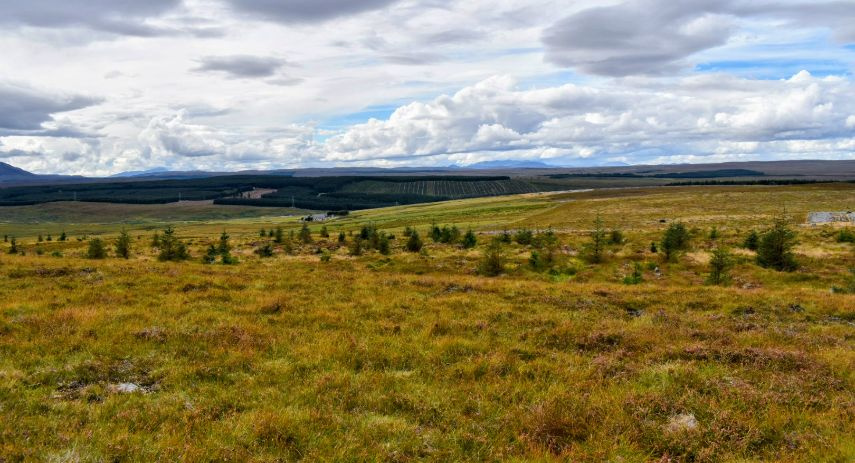
Can tax support climate and land reform goals? Our findings so far.
Kathie Pollard

The Scottish Land Commission is working with the Scottish Government to explore how tax could reduce carbon emissions from land and support wider land reform outcomes.
It’s positive to see land reform explicitly recognised in the Scottish Government’s tax strategy and 2025-26 budget. This highlights the potential for tax to support change in in this space, either by shaping behaviour or raising revenue.
This builds on our previous advice to Scottish Ministers on how land could play a more effective role in the tax system, helping to incentivise productive and diversified land ownership, use and management. Tax policy could also play a role in addressing national priorities such as climate change, inequality and regeneration. The Commission believes that given how important land, as an asset and resource, is it should be given more weight in tax policy.
We expect to advise Scottish Ministers on options for taxing emissions from land and land reform by early next year.
This week we have published our interim findings, which suggest that any potential tax measures need to be precise, targeted, and the effects well understood. Reliable data is key, including information about ownership, tenure and rights, which could create significant complexities. This is especially true when thinking about a potential carbon land tax.
For example, if the goal of a carbon land tax is to tackle carbon emissions from peatlands (a significant source of emissions in the land use sector) the question is how it could help, rather than hinder efforts by landowners, crofters and tenants. It important to be clear about how tax can strengthen ongoing work to reduce emissions from peatlands, working in combination with grants, investment and other mechanisms.
More detailed work is needed to understand how a carbon land tax could work in practice. However, Scottish Government’s ambitious thinking around a carbon land tax and willingness to consider the full extent of its tax powers is welcome. It allows us to consider the big picture and ask questions about whether the tax ‘infrastructure’- the nuts and bolts that make up the tax system - allows Ministers to use tax to deliver land policy in the future.
The Commission continues to call for more coordinated data on ownership, use and value. We are developing practical steps for doing so and have commissioned research to understand how other countries approach land valuation for tax purposes. This, alongside continued stakeholder engagement, will inform the basis of our advice to government.
While Scotland can’t simply copy and paste solutions from elsewhere, our emerging conclusions show the importance of understanding the technical detail and basis for using tax as a lever in land reform.